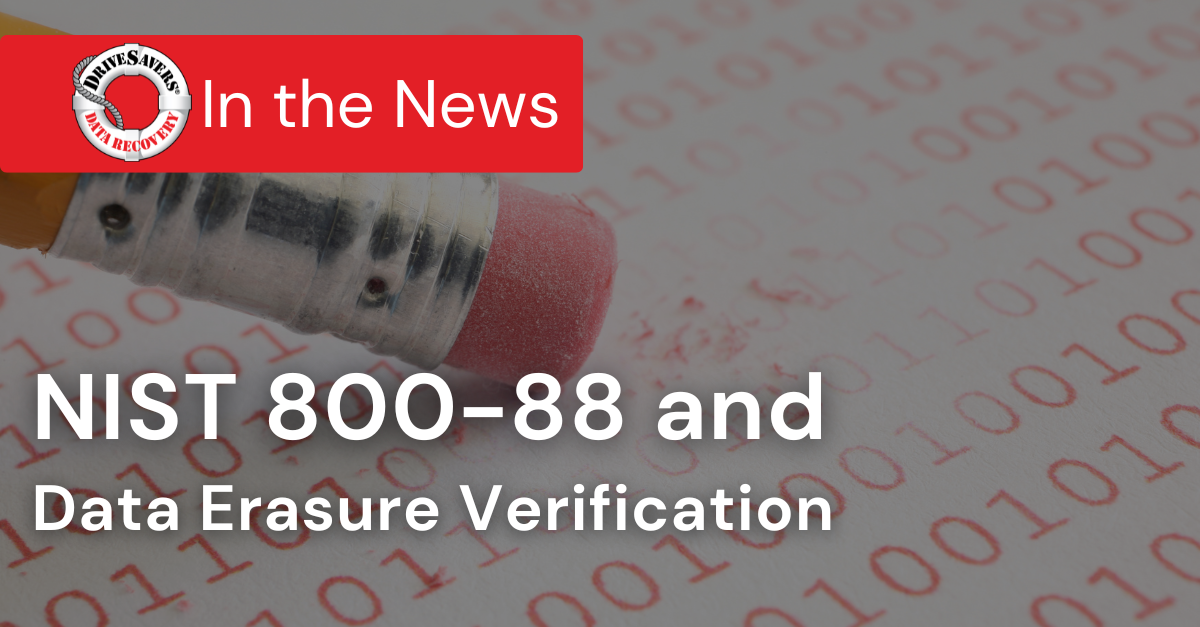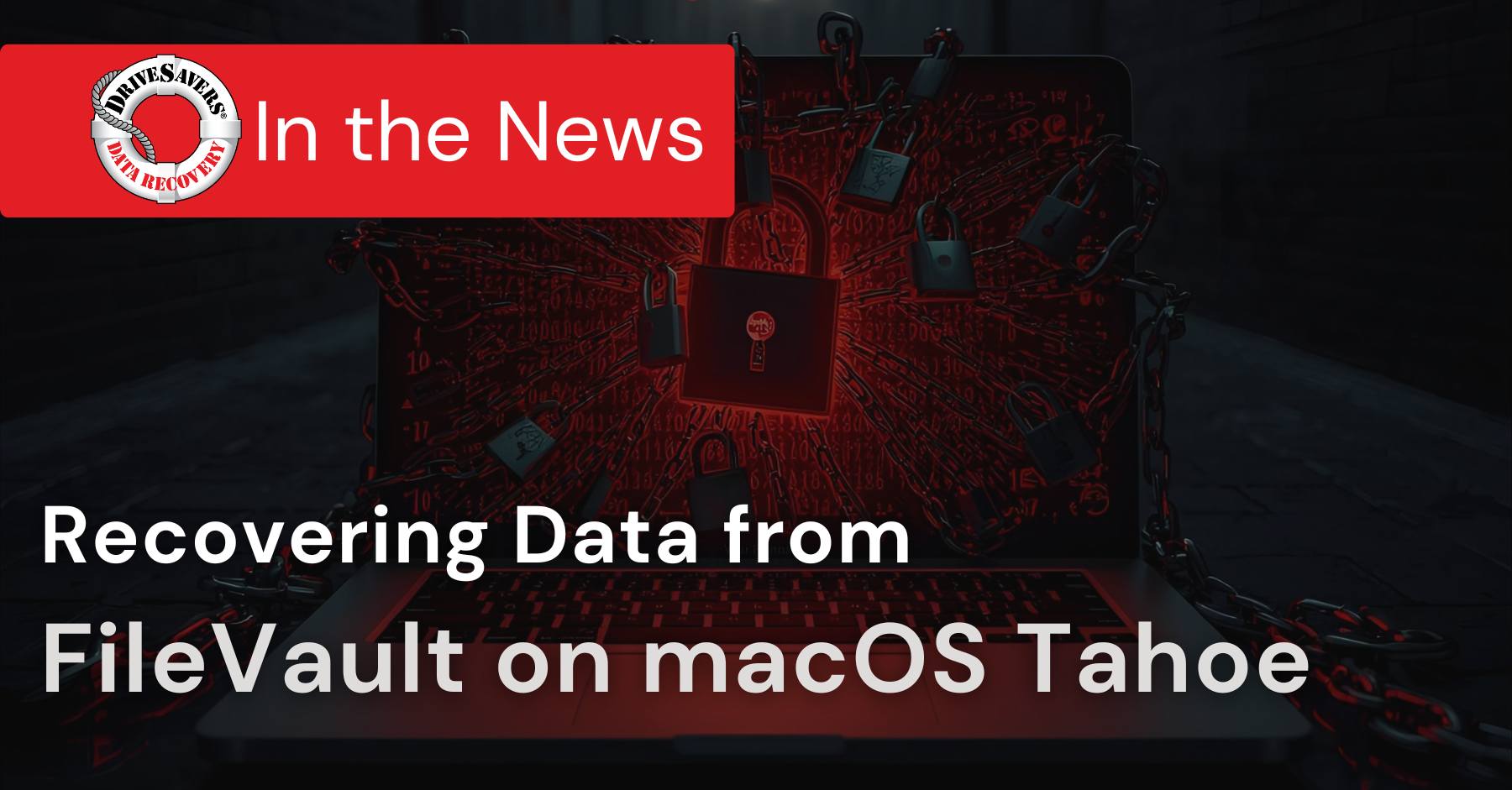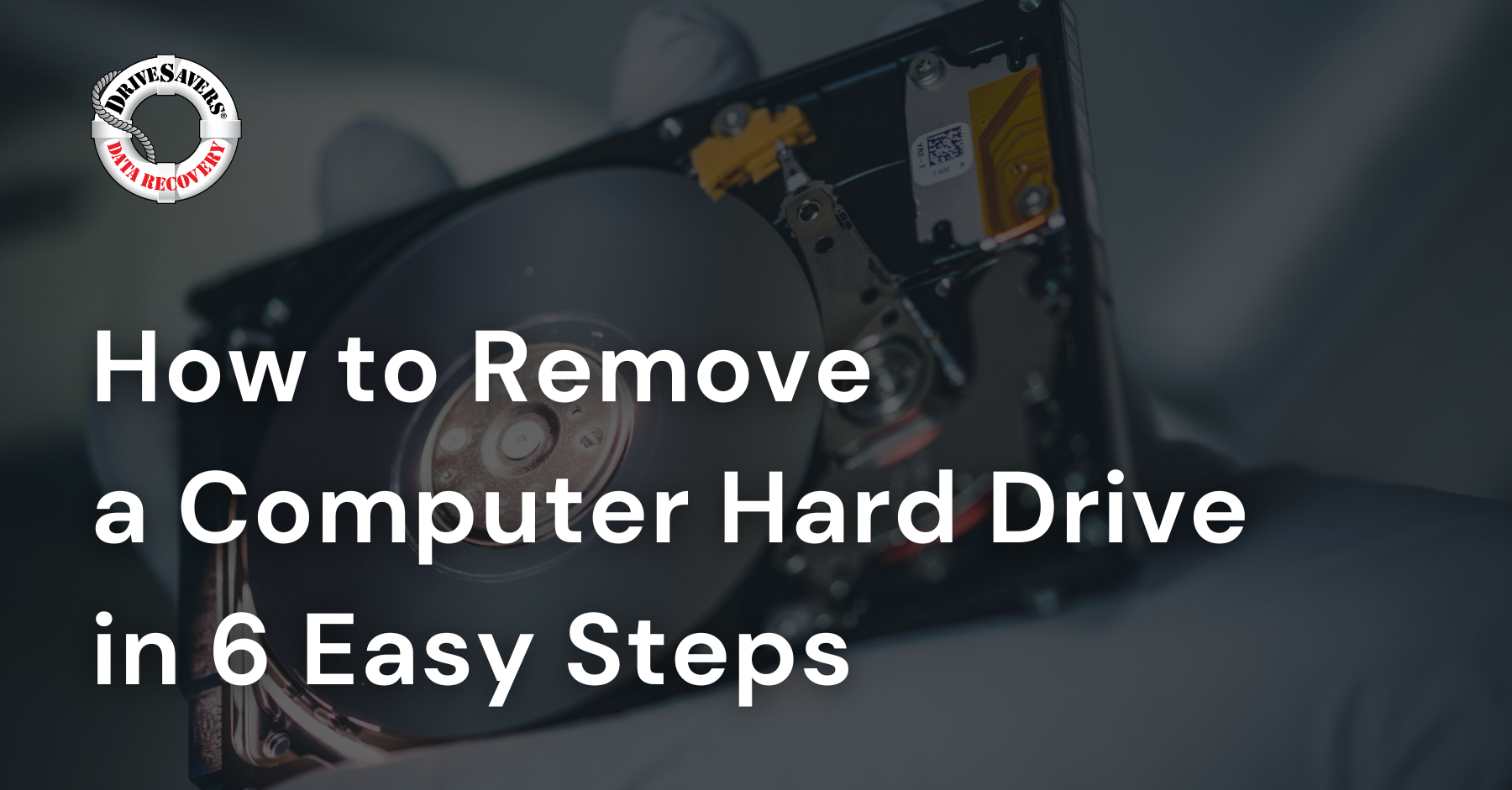In this article, we’ll break down what NIST 800-88 actually requires, why storage media of all types can defy expectations, and how verification services close the gap between intention and assurance.
Should I Use a Hard Drive or Cloud Storage to Backup my Digital Memories?

When important milestones happen in our lives, our first instinct is to record the moment with a photo. Those images of cherished family and friends—whether holidays, graduations, new babies or just the greatest house party ever—are what takes us back to the moment and lets us relive the best times of our lives. And since we rarely print photos anymore, most of those photos end up on your computer hard drive.
But what if your hard drive fails? Without a backup of your data, you’re in for a not-so-happy experience as you realize everything you’ve lost. You’ll lose all the pictures you took of your favorite niece’s first steps. And you won’t be sending that surprise birthday gift to your bestie, because your digital address book is gone. Forget about making that special holiday meal, because the recipe was only saved on your computer!
A hard drive failure will have an impact on your life in ways you can’t even predict today. You could lose sensitive financial and tax documents or health records saved on your computer. But those items are largely replaceable. What’s not replaceable are your digital memories—photos, videos and more. A data loss of this magnitude is the last thing you need, especially when you have years of images stored.
But you can protect yourself. Backing up your data prevents these losses like this from becoming catastrophic life events. There are several ways you can backup your data, the most popular being on external hard drives or cloud storage.
Each of these backup methods offers advantages and disadvantages, and neither option is superior. What’s most important to remember is that you need to figure out what works best for you based on your personal needs. Here’s more information about backing up your data to hard drives and cloud storage.
3 reasons hard drives are a great choice to backup your data
Reason #1: You don’t need internet access
With a hard drive backup, your information is easily accessible. You can quickly backup and retrieve your data, whether you’re connected to the internet or not. When you plug in your computer or phone to backup your data to a hard drive, there’s no need to be online. You can backup or access your data anytime, anywhere, as long as you have enough battery life in your device.
Eliminating the need for an internet connection speeds up the actual backup process as well. Backing up to a hard drive takes a fraction of the time as backing up to the cloud. You can also retrieve your saved data from a hard drive much faster than from the cloud.
Reason #2: You have a large storage capacity
If you enjoy purchasing the digital versions of the TV shows and movies you love, you’ll need to choose the external hard drive option. Copyright law requires that you store that type of digital media on devices you retain physical control over.
Regardless, uploading several terabytes-worth of data on a cloud-based backup can become a bit cumbersome and expensive. But you can easily find a five terabyte hard drive for around $100.
Reason #3: Your data will be safer
Data stored on the cloud is more vulnerable to cyberattacks and other digital threats than data saved on your personal hard drive. Period. Cloud managers do a good job of encrypting data and protecting your information, but there’s always a chance your information could be compromised. But the likelihood is significantly reduced when you have your backups on a local hard drive.
3 reasons to choose cloud storage
Reason #1: Your data is safe from physical threats
Yes, you read that correctly. The safety offered by the cloud is a bit different than the safety offered by an external hard drive.
Have you ever considered what would happen to your data if your hard drive was damaged by water, fire or even gravity? You’d be lucky to have your data intact.
Cloud storage is immune to these risks. You can’t permanently damage the cloud, because there isn’t one single piece of hardware that holds all your data. Backing up to the cloud ensures your information won’t fall victim to physical threats.
Reason #2: You can access your data from anywhere
Backing up to the cloud has the added benefit of being available anywhere. You can backup and retrieve your information from your computer, phone or tablet—and none of them need to be connected to an external device! And you can do all of this from anywhere in the world.
You could be sitting in your home office or visiting with relatives across the country. If you have an internet-connected device, you have access to your backed-up data.
With cloud storage, you don’t have to carry around a clunky brick of a hard drive, either. Your data is accessible without having an external hard drive in hand.
Reason #3: Cloud storage is affordable
Most cloud-based backup services offer free storage. Google, for example, gives account holders the first 15 GB for free. If you exceed the free storage limit, most websites have the option to purchase additional storage for a monthly or annual fee.
Cloud storage options such as Backblaze offer unlimited backup from your Mac or PC for just $6.00 a month, and you can even get started for free. Quite a deal when most five terabyte hard drives go for about the thirty times that price but can’t boast the longevity of the cloud.
So will you choose hard drive or cloud storage?
At this point, you may have made a decision as to whether you want to use a hard drive or cloud storage to backup your data. But you need one more bit of information. In reality, the best way to save your information is to employ both of these backup methods!
Bad things happen, so you need to have a backup for your backup. Choose whichever backup method works best for you as your primary, then employ the other method to create copies of your primary backup. This way, no matter what happens, you’ll always have a reliable copy of your digital memories.
If you experience data loss and haven’t backed up your data, there’s something you can do. Contact a data recovery specialist to get your digital memories back!





